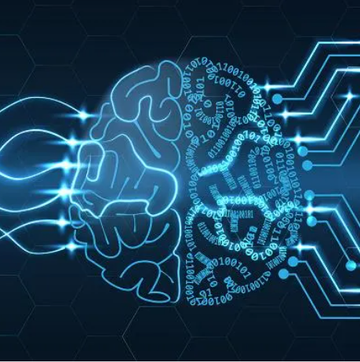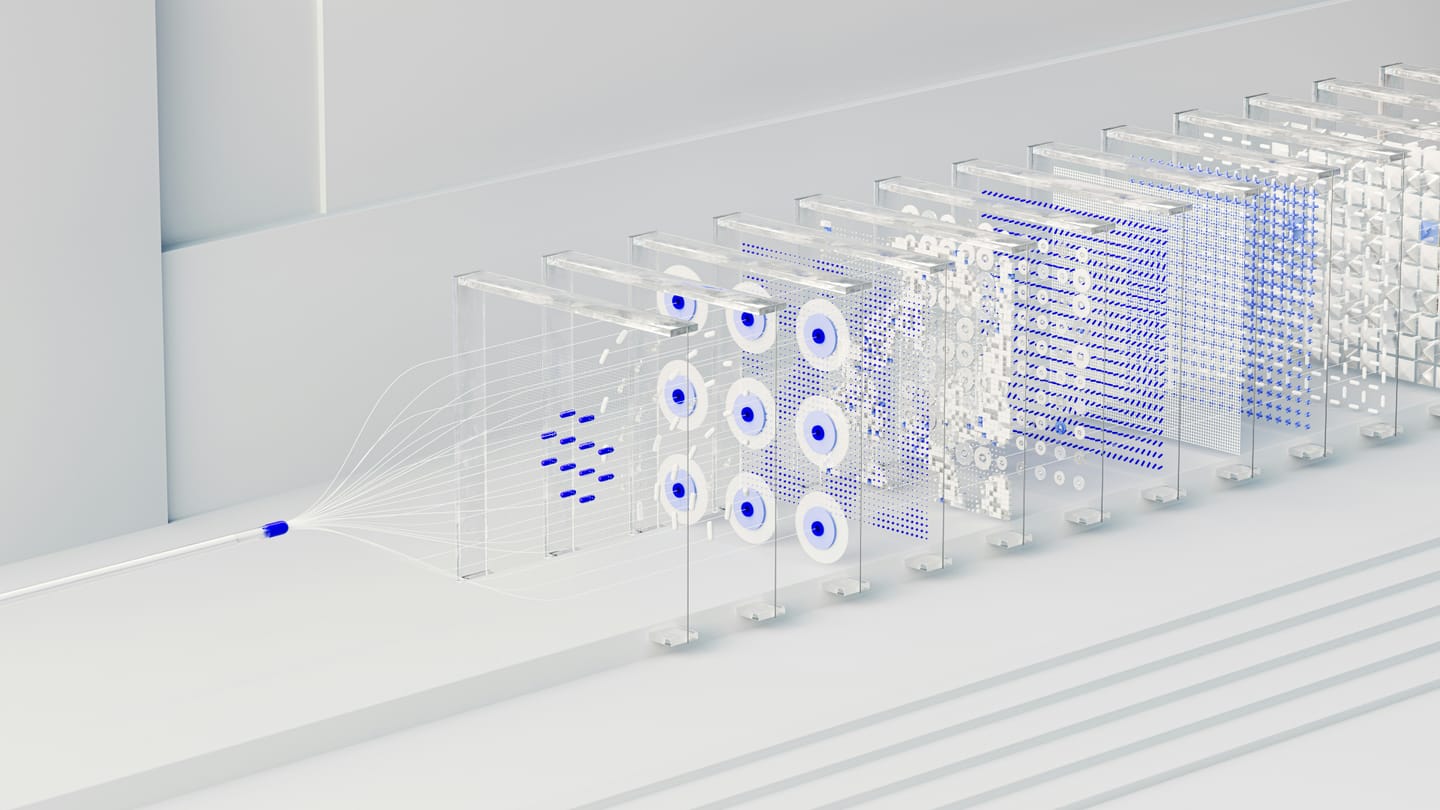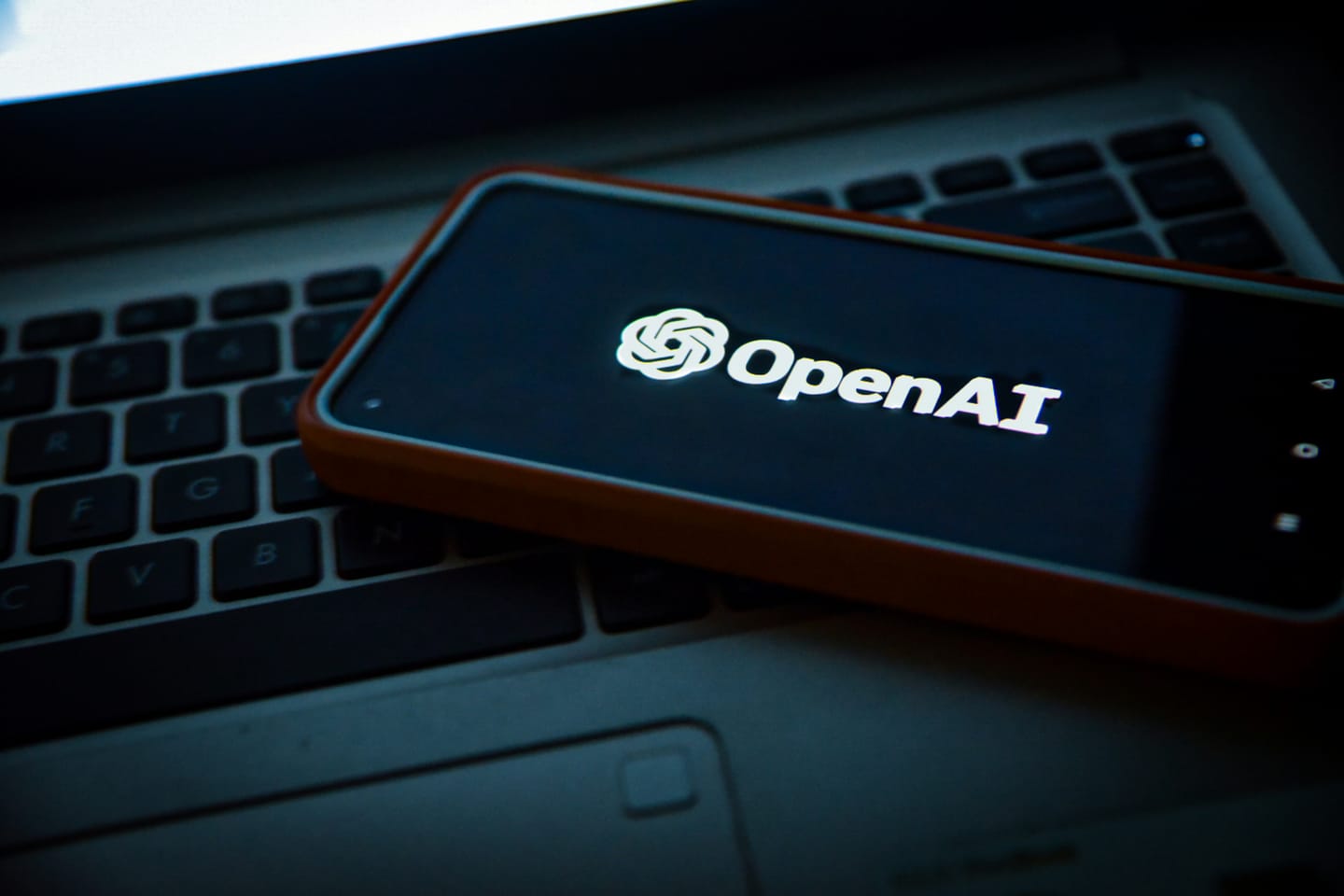DeepSeek Unveils mHC Architecture, a Potential Breakthrough in Scaling AI Models Efficiently
Chinese AI laboratory DeepSeek published a research paper on 1st January 2026 introducing Manifold-Constrained Hyper-Connections (mHC), a novel architecture designed to improve AI model performance whilst minimising training costs. The paper, co-authored by DeepSeek founder and CEO Liang Wenfeng, has been cited as a potential game changer in developing AI














